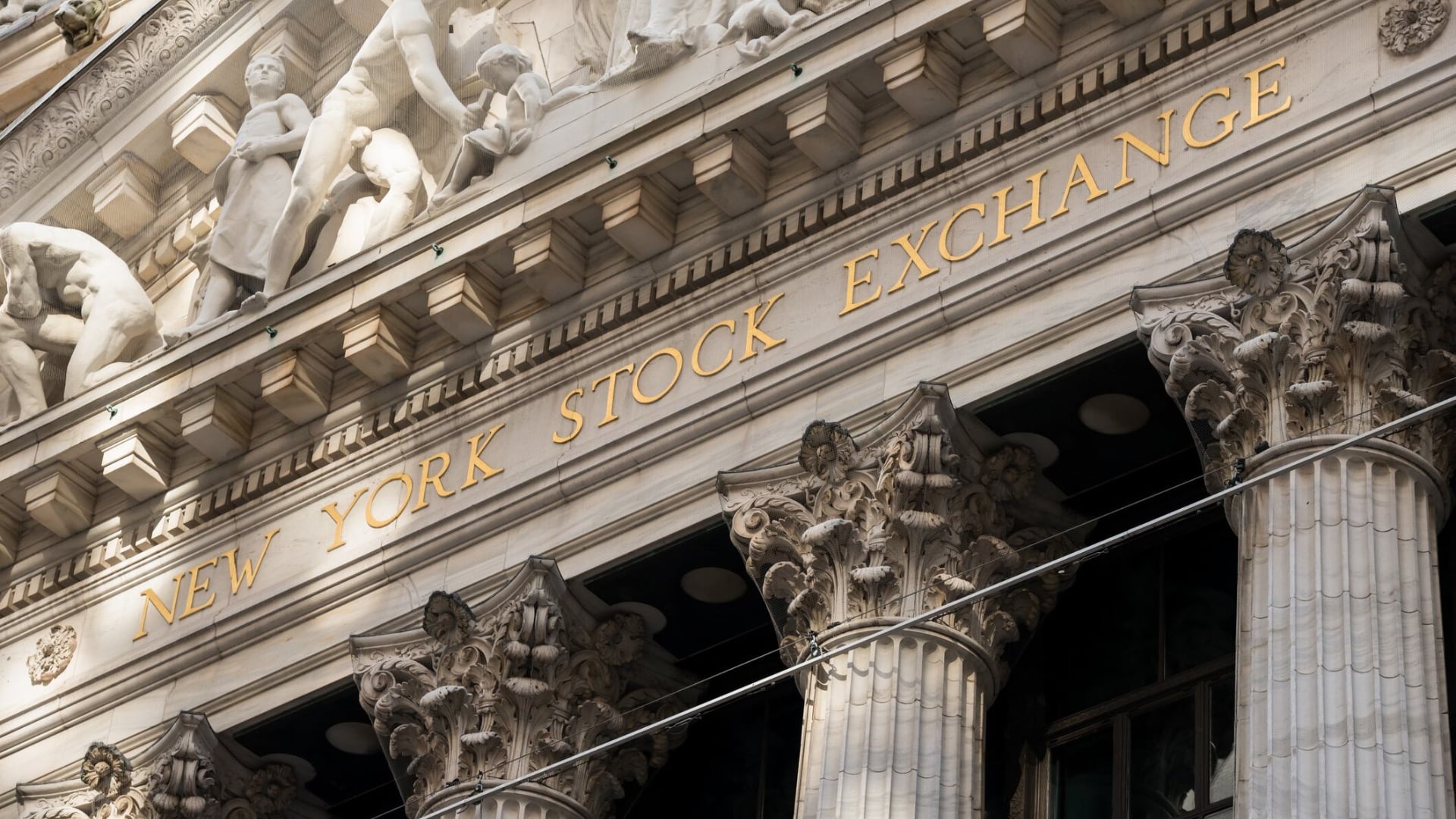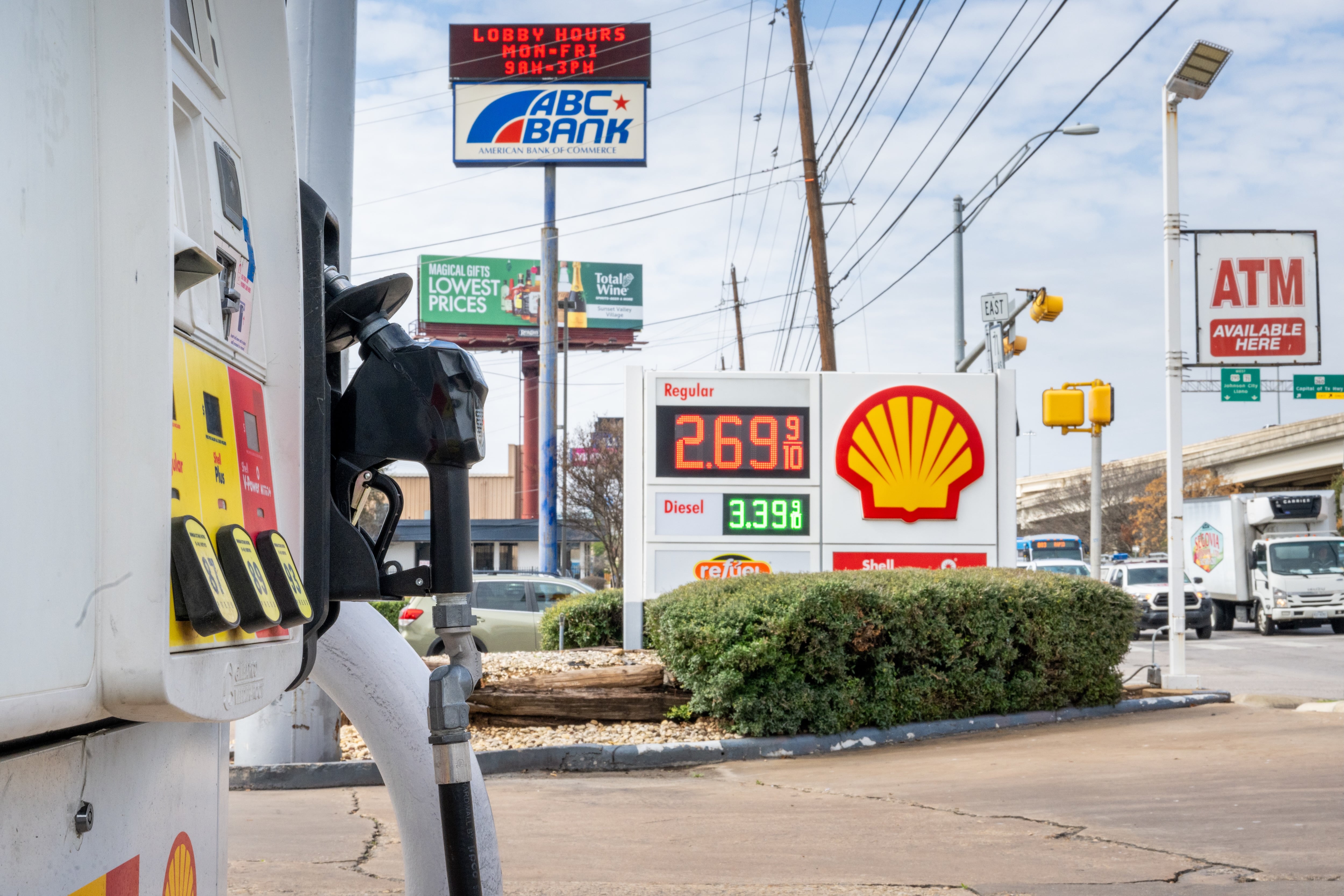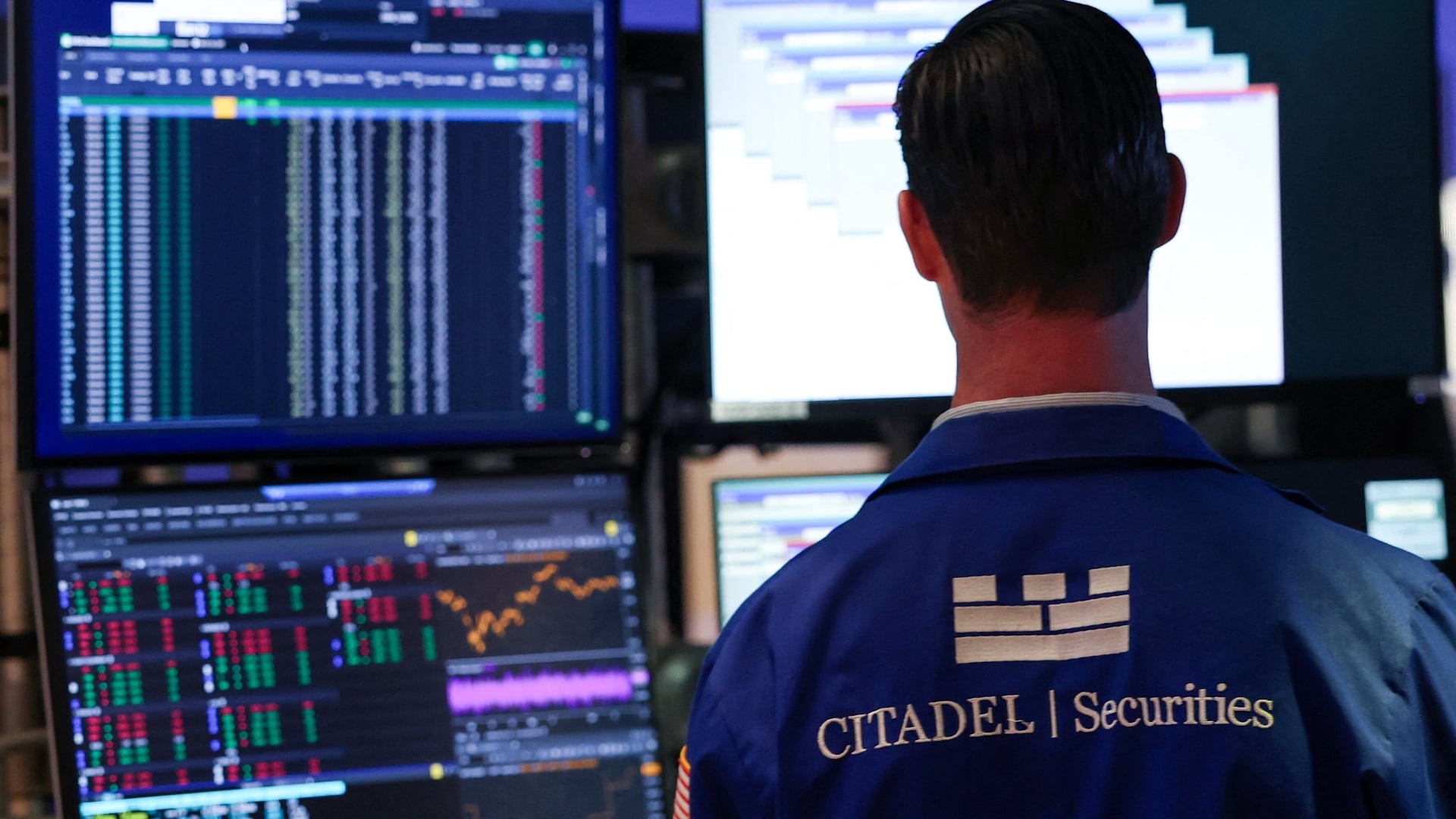By Matt Ott
Fewer Americans applied for unemployment benefits last week as layoffs continue to fall amid a strong job market rebound.
Jobless claims fell by 15,000 to 214,000 for the week ending March 12, down from the previous week's 229,000, the Labor Department reported Thursday. First-time applications for jobless aid generally track the pace of layoffs.
The four-week average for claims, which compensates for weekly volatility, fell to 223,000 from the previous week's 231,750.
In total, 1,419,000 Americans — a 50-year low — were collecting jobless aid the week that ended March 5, down 71,000 from the week before that.
Earlier this month, the government reported that employers added a robust 678,000 jobs in February, the largest monthly total since July. The unemployment rate dropped to 3.8%, from 4% in January, extending a sharp decline in joblessness to its lowest level since before the pandemic erupted two years ago.
U.S. businesses posted a near-record level of open jobs in January — 11.3 million — a trend has helped pad workers’ pay and added to inflationary pressures.
The Federal Reserve launched a high-risk effort Wednesday to tame the worst inflation since the early 1980s, raising its benchmark short-term interest rate and signaling up to six additional rate hikes this year.
The Fed’s quarter-point hike in its key rate, which it had pinned near zero since the pandemic recession struck two years ago, marks the start of its effort to curb the high inflation that followed the recovery from the recession. The rate hikes will eventually mean higher loan rates for many consumers and businesses.
The central bank’s policymakers expect inflation to remain elevated, ending 2022 at 4.3%, according to quarterly projections they released Wednesday.
Last week, the government reported that consumer inflation jumped 7.9% over the past year, the sharpest spike since 1982.












